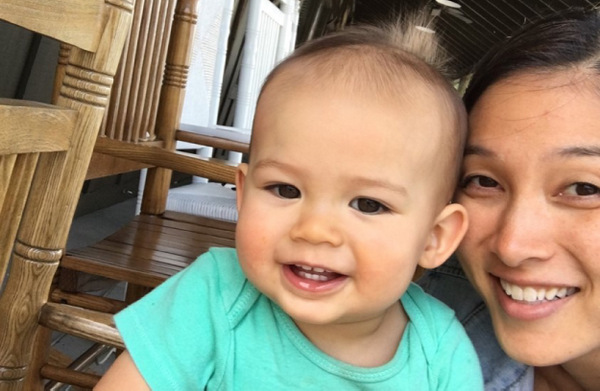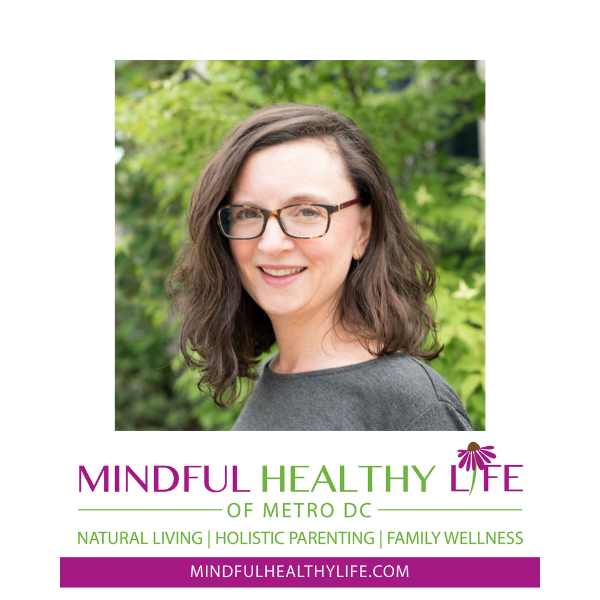For many of us, holistically-minded parenting started before our babies were even born. I focused a lot of prenatal energy on planning a natural and non-medicated birth, took a Bradley course, hired a doula, planned to encapsulate my placenta, and wrote down birth preferences for my labor and delivery team.
Not much went according to plan.
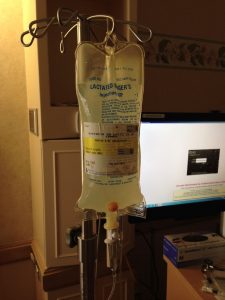 I was two weeks overdue and had a Pitocin-induced labor. I labored for almost a full day, and seven hours of that time was spent pushing. Eventually, my son was vacuum assisted out of my body.
I was two weeks overdue and had a Pitocin-induced labor. I labored for almost a full day, and seven hours of that time was spent pushing. Eventually, my son was vacuum assisted out of my body.
The pregnancy alone took a physical toll, but the labor and delivery left me injured.
I had a third degree vaginal tear, broken blood vessels that lined my corneas, and bowel incontinence. The tear and the bloodshot eyes eventually cleared, but the incontinence lingered for months. Weeks, later, I developed vaginal granulation tissue, chronic lower back pain, and a tight and weak pelvic floor. The vague and ubiquitous advice to do my Kegels (without specific guidance) seemed wildly inadequate.
As time and pain passed, and I graduated from sitting on an inflatable donut to a regular chair, I was no longer in that physically raw and tender place from a difficult childbirth. Emotionally, I was catching up to where I thought I should’ve been as a new mother. I could look at my son and be enamored by this human being as the person I grew inside my body, and not the thing that ripped my vagina to shreds.
But while my son and I started to find our rhythm, the “pass” I had given myself during those early postpartum months, to avoid addressing lingering birth injuries, was expiring.
At the four-month mark when faced with persisting vaginal heaviness, granulation spotting, incontinence, and scarring that pulled my vaginal tissue in competing directions, I could no longer say to myself, “But I just had a baby!”
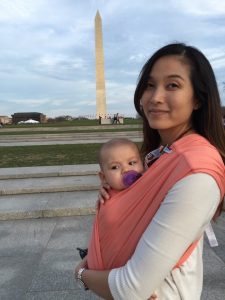
I had somehow expected my body to just heal itself.
Childbirth is natural after all. Wasn’t nature was supposed to take care of my post birth pains?
When I brought these issues up to my medical team, my options included “wait and see” or surgery. Really? Were those my only choices?
I felt disconnected from and confused about my postpartum body. Panic ran through my head. Am I always going to fear crapping myself in public? Will my uterus constantly feel like it’s falling out? Will I ever have painless sex?
Around six months postpartum—when the demands of motherhood started feeling manageable—I remembered listening to this podcast about healing childbirth injuries. It featured an interview with one of the field’s pioneers in pelvic physical therapy (PT), Dr. Holly Herman.
Even though I knew PT for postpartum women existed, it took time for me to accept that giving birth had injured me and that I should rehabilitate those injuries.
Also, it wasn’t particularly appealing to have someone touch and treat an area was already sensitive—an area that, for many women, carries a huge emotional load.
But I wish I’d gone sooner to get help.
The therapists at Body Connect Health and Wellness (BCHW) told me that many women also face postpartum injuries. They reassured me that most postpartum injuries are treatable without surgery.
Within my first few appointments, I noticed the skin around the vagina and perineum softening and the vaginal heaviness abating. At each session, the pelvic physical therapist explained what she saw as the cause of my issues, provided treatment while talking me through it, and gave me instructions for self-care at home.
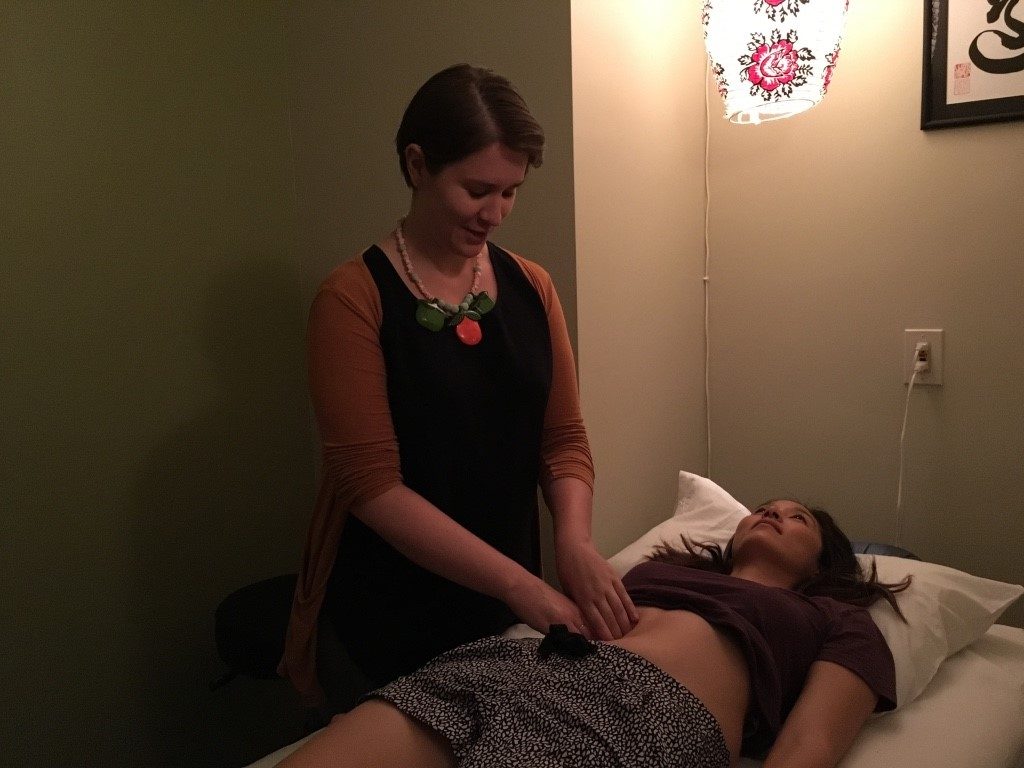
In going to pelvic PT, I learned more about my birth injuries, how my body was compensating for them, and how I could reeducate my core, pelvic floor, skin, muscles, organs, and fascia to move and function properly again.
Each time I laid down on the treatment table, my therapist gently helped my body learn that it no longer needed to be in that pregnant state. She then released tense areas around the injuries I had sustained from giving birth.
As the pelvic PT sessions progressed, I stopped being afraid of my perineal scar and I grew more confident in my body’s ability to heal.
In the most practical ways, the BCHW pelvic physical therapists empowered me with the tools to care for my postpartum body. But more than that, they gave me permission to take care of mom first, and above all else, they helped me reconnect with my body.
To learn more about Body Connect Health & Wellness, read our profile and enter our giveaway through 12/6/16 to win a free session of myofascial release.

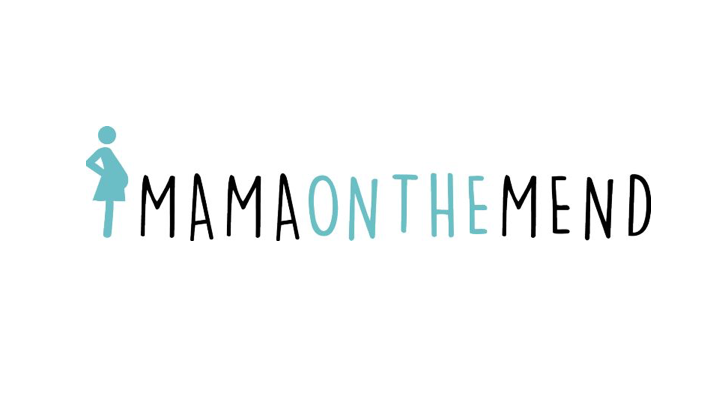 Yuka Polovina is a nationally Certified Health Education Specialist, University Lecturer, and mother to one very “spirited” toddler boy. She is currently working on two projects: a dissertation about multiculturalism and the Olympics; and a resource website about postpartum care, mamaonthemend.com. Find her on @mamamends on Facebook and Instagram.
Yuka Polovina is a nationally Certified Health Education Specialist, University Lecturer, and mother to one very “spirited” toddler boy. She is currently working on two projects: a dissertation about multiculturalism and the Olympics; and a resource website about postpartum care, mamaonthemend.com. Find her on @mamamends on Facebook and Instagram.
